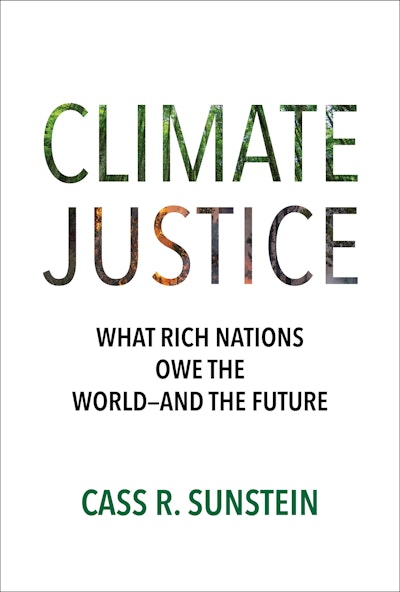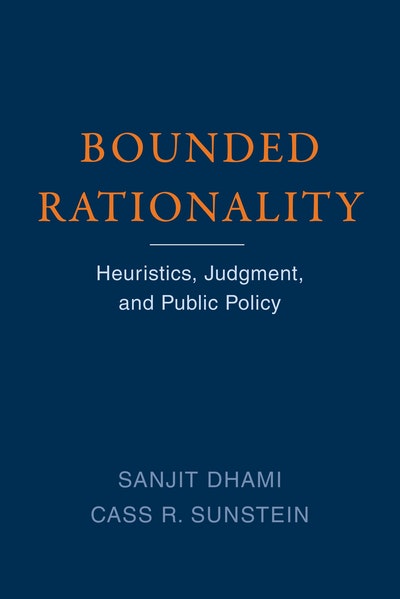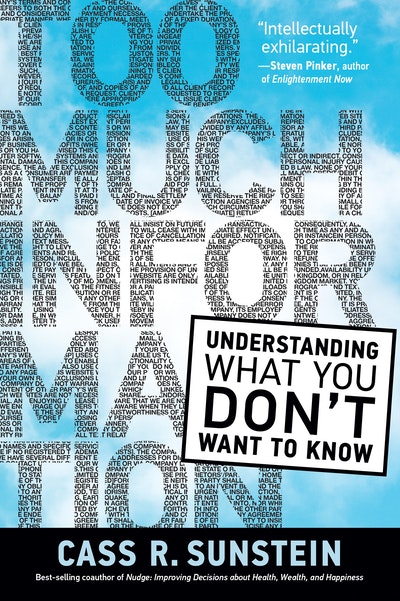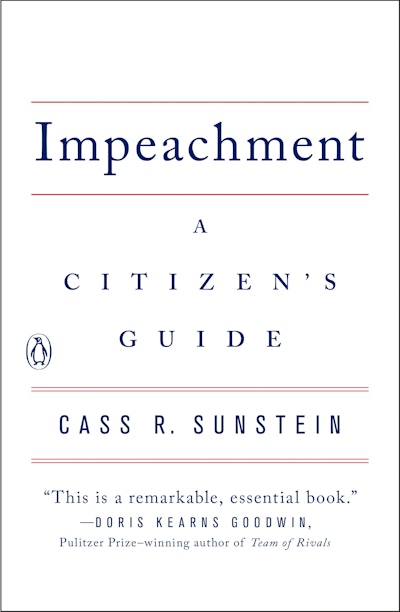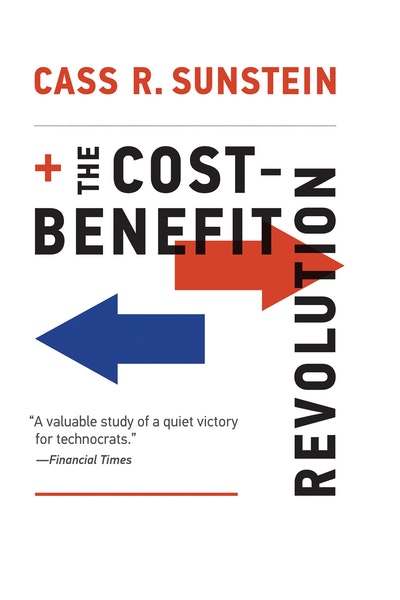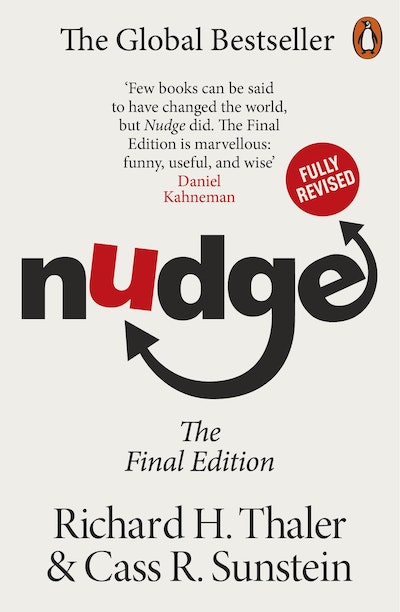- Published: 17 March 2026
- ISBN: 9780262053976
- Imprint: MIT Press
- Format: Paperback
- Pages: 216
- RRP: $59.99
Climate Justice
What Rich Nations Owe the World—and the Future
- Published: 17 March 2026
- ISBN: 9780262053976
- Imprint: MIT Press
- Format: Paperback
- Pages: 216
- RRP: $59.99
“Climate Justice is a measured meditation on our obligations to one another in a warming world, and a reminder that, among all its other dizzying and distressing features, global warming is a red-hot problem from moral philosophy, asking of us, who counts and who doesn’t?”
—the New York Times
“Climate Justice analyzes arguments around intergenerational equity, distributive justice, foreign aid, and consumer choices, weighing the merits and morals of policy tools like subsidies, mandates, and taxes and even more idealistic strategies, such as providing consumers with sufficient information to encourage choices that can help fend off climate catastrophe…Reading Climate Justice at this moment, when the Trump administration is doing all it can to ramp up fossil fuel emissions and end humanitarian aid to poorer countries, is unsettling. The book feels like a postcard from a time, deep in the past and yet only weeks ago, when the officials at the helm of our government understood the gravity of global leadership, cared about our neighbors, and dealt in facts….Climate change is still a global crisis, growing more urgent by the day. Inevitably, the time will come when the United States will be forced to wake up and choose to lead the world to climate solutions by example. Those who have read Sunstein’s book will be ready to participate.”
—the Washington Post Book World
